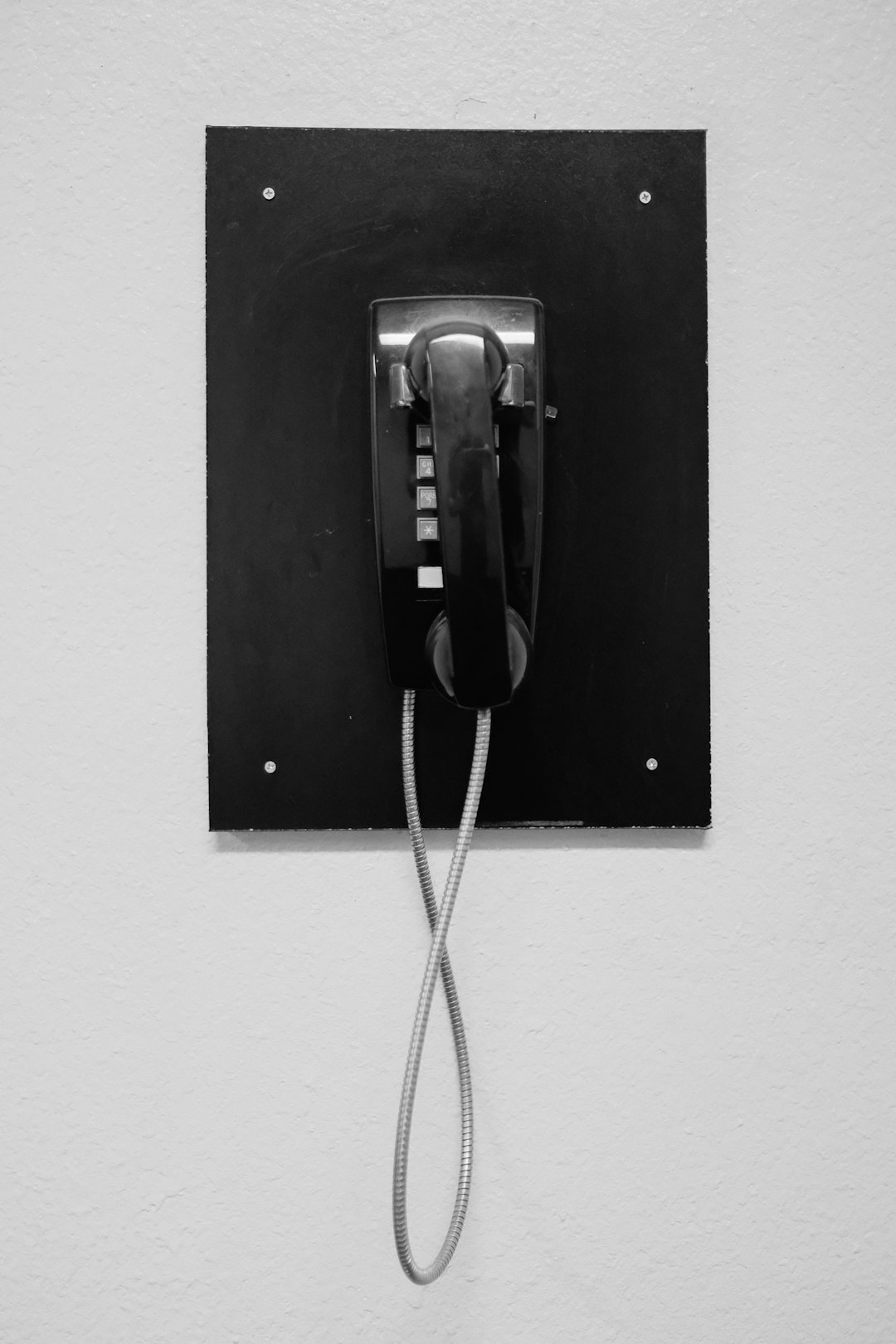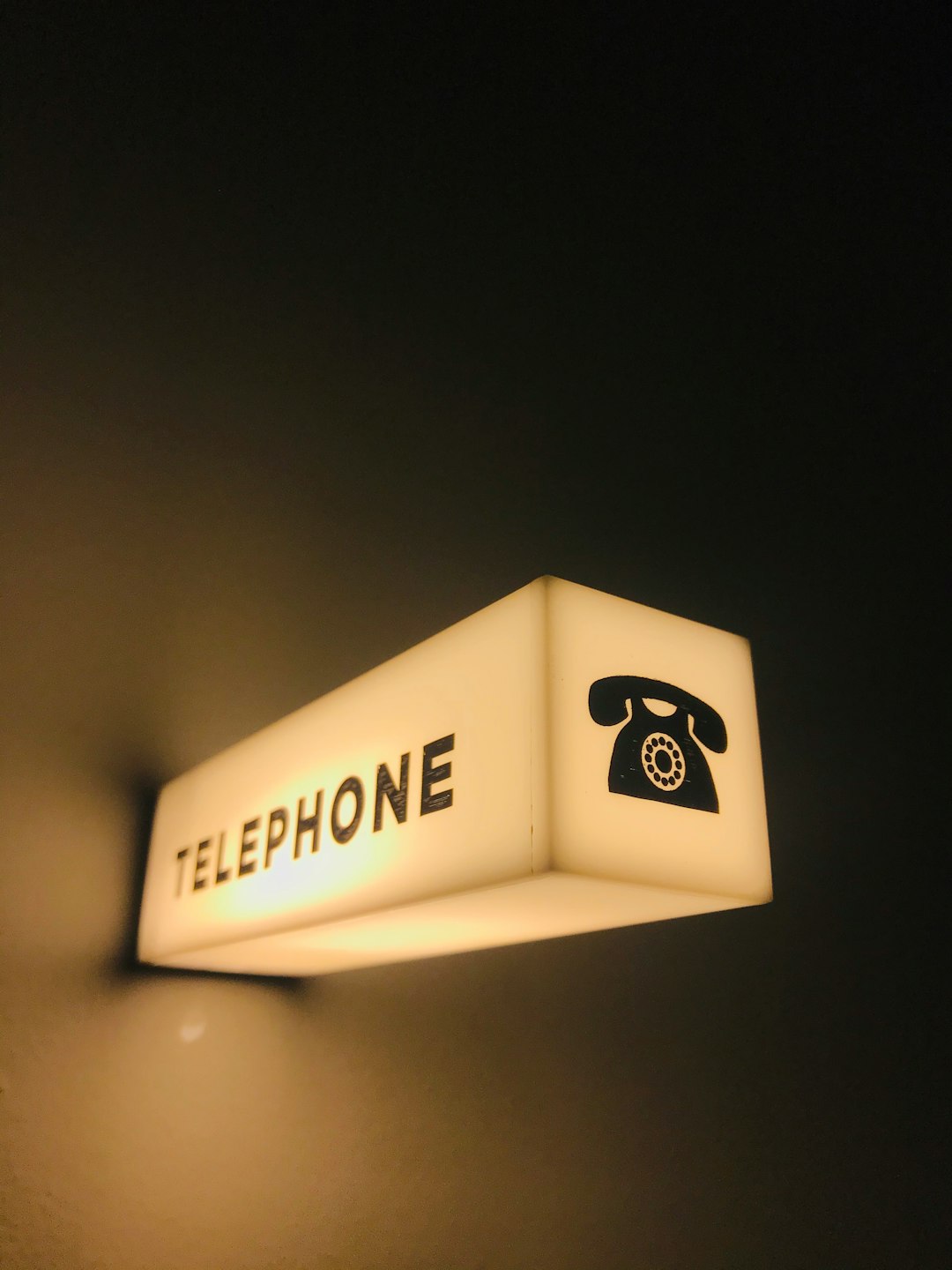In Maryland, spam texts—unsolicited promotional messages—are illegal under strict anti-spam legislation. A spam lawyer can guide individuals through these regulations, empowering them to combat disruptive and potentially dangerous spam texts. Residents can protect their privacy by saving unsolicited messages, blocking future spam with their carrier, and consulting a spam texts lawyer for additional support in reporting and navigating legal complexities.
In Maryland, as across the nation, spam text messages remain a persistent nuisance. Beyond mere annoyance, these unsolicited communications carry legal implications. Understanding what constitutes spam texts is crucial for Maryland residents to protect themselves and assert their rights. This guide breaks down the issue, outlining legal parameters and detailed steps for reporting spam texts to local authorities or a specialized spam texts Lawyer Maryland.
Understanding Spam Text and Its Legal Implications in Maryland

Spam texts, or unsolicited text messages promoting products, services, or scams, are a common nuisance in today’s digital age. In Maryland, as in many other states, there are strict laws in place to protect consumers from spam texts and related legal implications. These messages can be disruptive and even dangerous, as they often contain malicious links or requests for personal information.
When a consumer receives spam texts, it’s important to understand that such actions can be considered illegal under Maryland’s anti-spam legislation. A spam lawyer in Maryland can help individuals navigate these complex laws, which include restrictions on automated text messaging and requirements for opt-in consent from recipients. By understanding their legal rights and options, consumers can take proactive measures against spam texts and protect themselves from potential fraud or identity theft.
What Constitutes Spam Texts: A Comprehensive Guide

Spam texts, a nuisance and a violation of personal space, are unsolicited messages sent in bulk to mobile devices or emails. These can include promotional content, scam attempts, or phishing links, often disguised as legitimate communications. In Maryland, understanding what constitutes spam texts is crucial for both consumers and businesses, especially with the help of a qualified spam texts Lawyer Maryland.
To clarify, spam texts are characterized by several factors: their commercial nature, lack of consent from the recipient, and the use of aggressive or deceptive tactics to deliver the message. They often arrive in large volumes, making them difficult for individuals to manage. A spam texts Lawyer Maryland can guide you on how to identify these messages, report them effectively, and understand your legal rights when dealing with spam text issues.
Reporting Spam Texts: Steps and Rights for Maryland Residents

In Maryland, reporting spam texts is an important step for residents to protect themselves and their privacy. If you’ve received unsolicited or unwanted text messages that appear to be spam, there are specific guidelines to follow. Begin by saving the text message as evidence, including the sender’s phone number and any relevant details. Next, contact your mobile service provider. They can help block future spam texts and provide information on how to report the issue. Many providers have dedicated channels for handling such cases, ensuring your safety from persistent or malicious spammers.
For additional recourse, consider consulting a spam texts lawyer in Maryland. Legal professionals specializing in this area can guide you through the process of filing complaints with relevant authorities, such as the Federal Trade Commission (FTC) and the Maryland Attorney General’s Office. They can also assist in gathering evidence and pursuing legal action if necessary, ensuring that your rights are protected under Maryland’s consumer protection laws.






